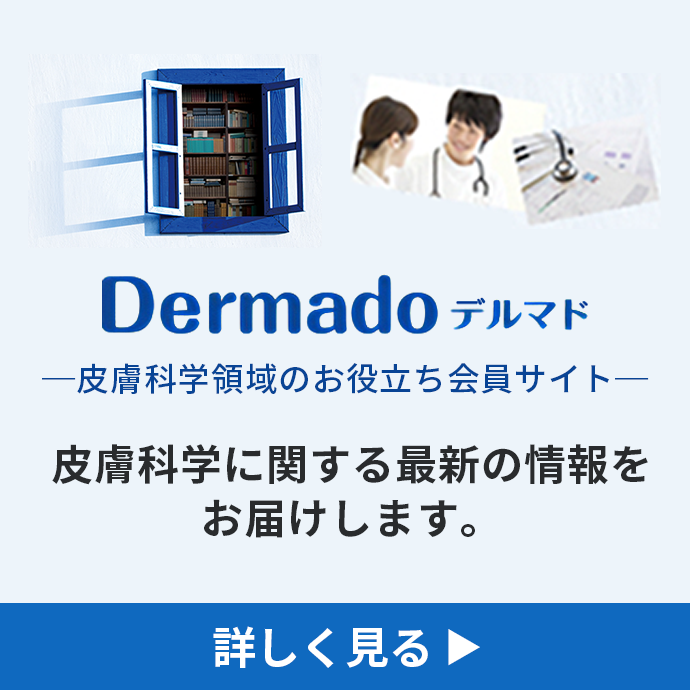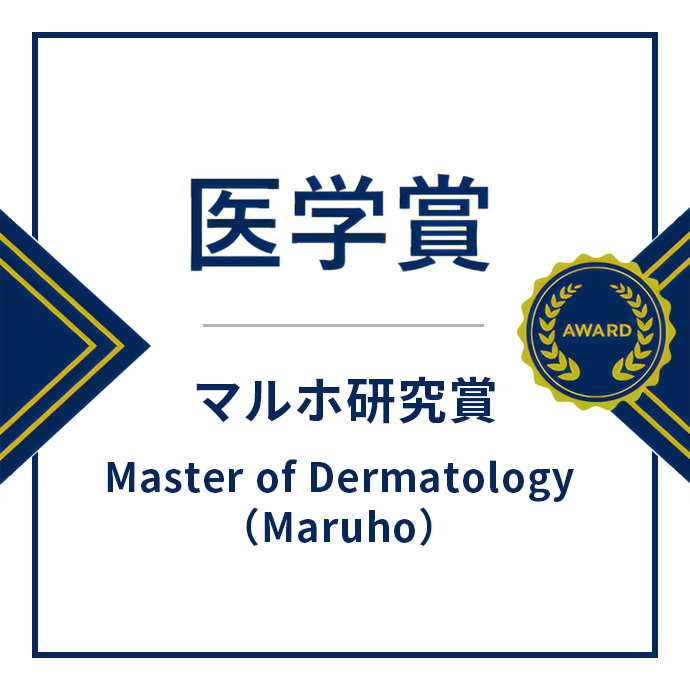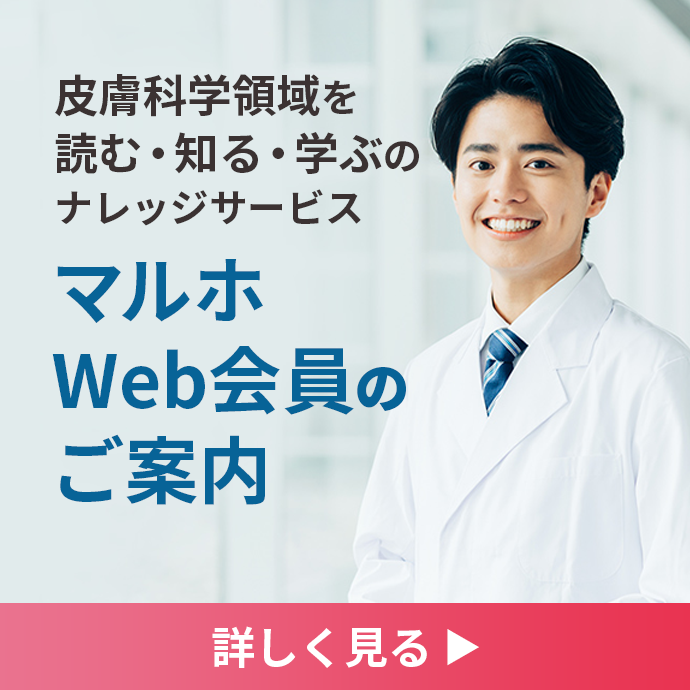デルマクイック爪白癬の臨床試験
臨床性能試験
本キットとKOH直接鏡検法の判定結果との比較(製造販売承認申請書添付資料)1)
| KOH直接鏡検法 | ||||
|---|---|---|---|---|
| 陽性 | 陰性 | 合計 | ||
| 本キット | 陽性 | 163 | 38 | 201 |
| 陰性 | 7 | 14 | 21 | |
| 合計 | 170 | 52 | 222 | |
陽性一致率
95.9%(163/170例)
陽性的中率
81.1%(163/201例)
陰性一致率
26.9%(14/52例)
陰性的中率
66.7%(14/21例)
全体一致率
79.7%(177/222例)
本キットとKOH直接鏡検法が不一致だった45検体のうち、PCR法に供試可能であった40検体について、PCR法により白癬菌の検出を行ったところ、本キット陽性、KOH直接鏡検法陰性であった35検体のうち白癬菌遺伝子が検出されたのは33例、本キット陰性、KOH直接鏡検法陽性であった5検体のうち、白癬菌遺伝子が検出されなかったのは1例でした。
- 対象/方法:
- 視診により爪白癬が疑われる患者222名(計11施設)を対象に、足、もしくは手の爪から皮膚真菌症診断・治療ガイドラインに基づいた方法で爪検体を採取し、粉砕して3つに分け、それぞれを本キット、KOH直接鏡検法およびPCR法(本キットとKOH直接鏡検法が不一致だった検体のみ)に供しました。検体採取、KOH直接鏡検法、本キット、PCR法の実施者はすべて異なり、また盲検化しました。
製造販売承認後の臨床研究
本キットとKOH直接鏡検法の判定結果との比較(製造販売承認後の臨床研究)2)
| KOH直接鏡検法 | |||||
|---|---|---|---|---|---|
| 強陽性 | 弱陽性 | 陰性 | 合計 | ||
| 本キット | 陽性 | 53 | 42 | 9 | 104 |
| 陰性 | 3 | 14 | 47 | 64 | |
| 合計 | 56 | 56 | 56 | 168 | |
陽性一致率
84.8%(95/112例)
陽性的中率
91.3%(95/104例)
陰性一致率
83.9%(47/56例)
陰性的中率
73.4%(47/64例)
診断効率
84.5%(142/168例)
- 対象/方法:
- 未治療の爪白癬症例112例[男性53例、女性59例、平均年齢(SD)63.3(16.9)歳]、非爪白癬症例56例[男性10例、女性46例、平均年齢(SD)63.3(13.9)歳]を対象に、感染された爪甲から重量約2mgの爪検体を採取し、KOH直接鏡検法と本キットの両方に使用しました。KOH直接鏡検法では1視野に複数の菌要素が確認できれば強陽性、1本しか菌要素が確認されない場合は、弱陽性と判定しました。KOH直接鏡検法、本キットの実施者はすべて異なり、また盲検化されました。
<参考>
不一致例の原因は、確実に感染している部位から検体採取できなかった可能性があると考えられました。
-
- 本臨床研究はマルホ株式会社の資金により行われました。
Abstract
Tinea unguium is a common nail disease caused by dermatophytes. Although direct potassium hydroxide (KOH) microscopy and fungal culture are considered the gold standard for diagnosing this disease, their accuracy is insufficient. A lateral flow immunochromatographic assay (LFIA) kit, using a monoclonal antibody against Trichophyton rubrum, was developed and its sensitivity was recently improved 50% in vitro relative to its earlier version. The present study aimed to validate the clinical utility of this improved LFIA kit for diagnosing tinea unguium in comparison with direct KOH microscopy. A similar trial was simultaneously performed using scale samples from patients with tinea pedis to determine the assay's diagnostic potential. Nail samples, approximately 2 mg in weight, were collected from 112 non-treated tinea unguium patients and 56 non-tinea unguium patients. Samples from 25 tinea pedis patients and 20 non-tinea pedis patients were also collected. The sensitivity and specificity of the LFIA kit for tinea unguium was 84.8% (95/112) (95% confidence interval [CI], 76.8–90.9) and 83.9% (47/56) (95% CI, 71.7–92.4), respectively. The inconsistency rate was 15.5%(26/168) (95% CI, 10.4–21.9). The sensitivity and specificity of the LFIA kit for tinea pedis was 84.0% (21/25) and 100.0%(20/20), respectively. These results suggest that for diagnosing tinea unguium, the LFIA kit is a useful supplement to, but not a replacement for, direct KOH microscopy. For definitive diagnosis of suspected cases, appropriate sampling, repeated examinations, and a combination of diagnostic techniques are essential.
-
- 1)社内資料:臨床試験の試験成績に関する資料(体外診断用医薬品製造販売承認申請書添付資料)
- 2)Tsuboi R et al:J Dermatol.48(5):633-637, 2021



